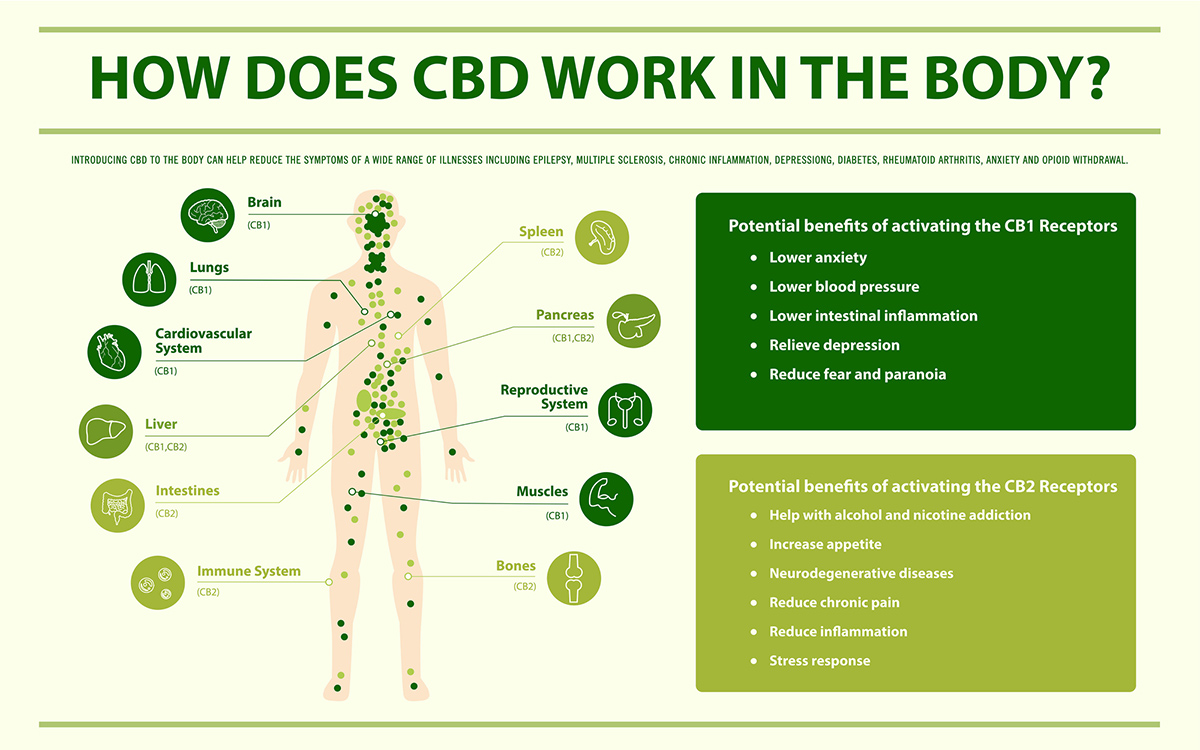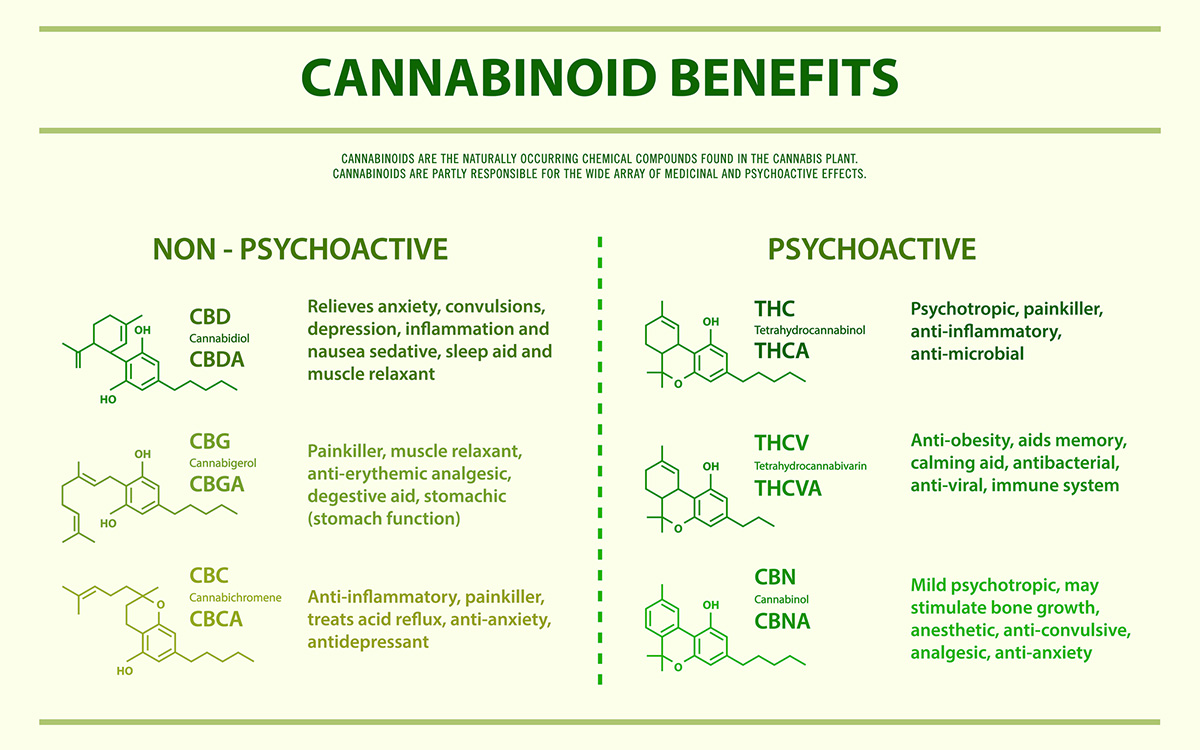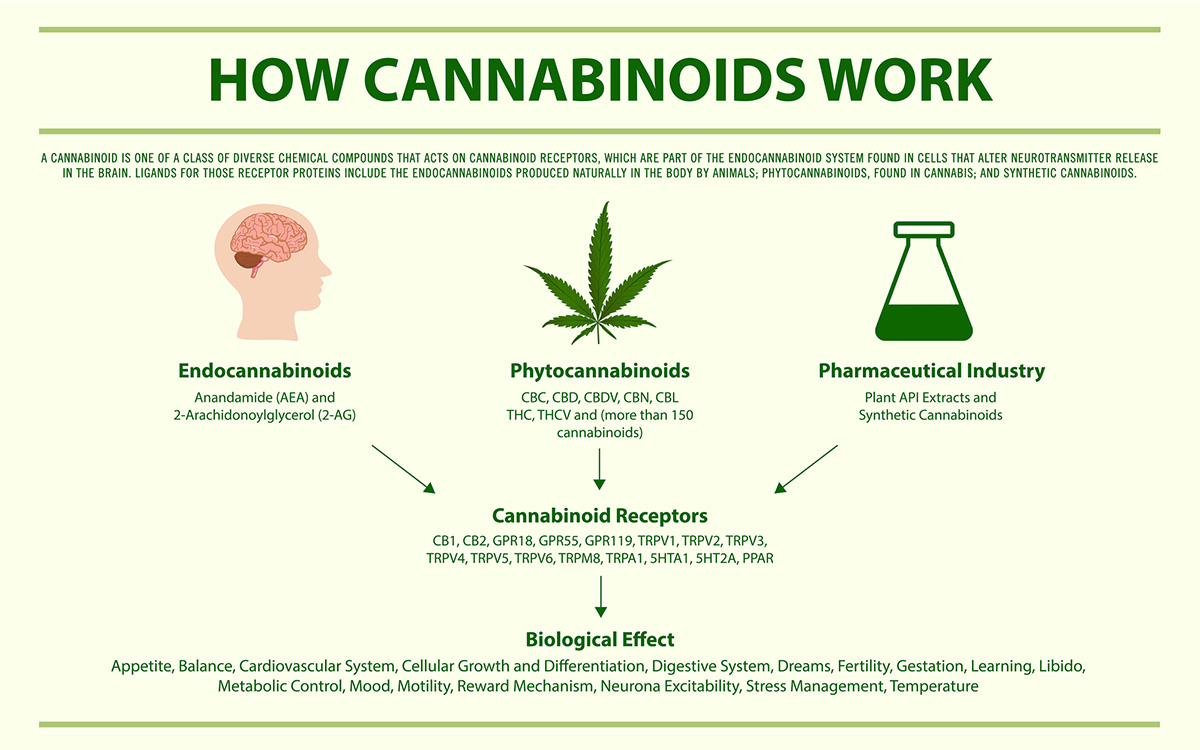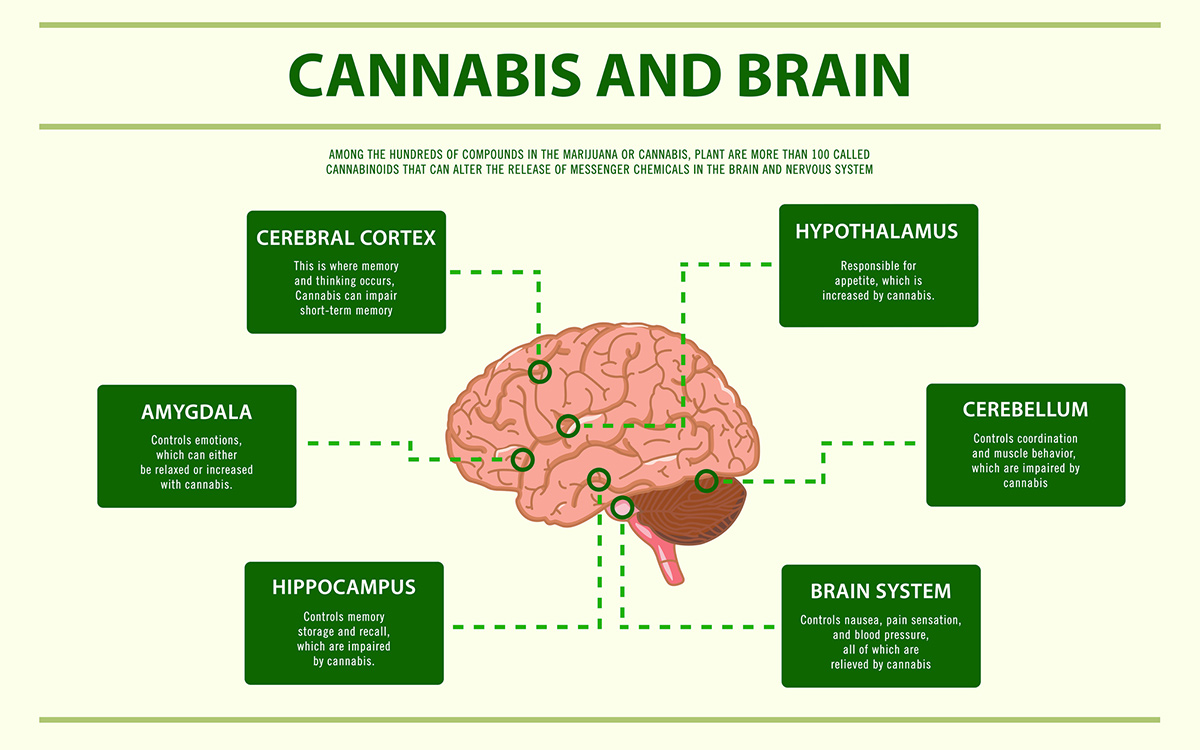Marijuana and Dementia: Does Marijuana Help Dementia?

Marijuana has a long medicinal history, going back as early as 2737 B.C. in ancient China, where the drug was used for numerous ailments such as gout and malaria.
In the U.S., use dates back to colonial times when it was a common crop and then used by doctors in 18th and 19th centuries. By the end of the 19th century, however, a widespread opioid addiction encouraged the government to crack down on substances used medicinally (even though marijuana does not contain opioids or the same type of addictive qualities). The Marijuana Tax Act of 1937 made access to marijuana expensive and difficult, further reducing widespread use.
By the 1950s, possession of marijuana was illegal.
But a lot has happened for cannabis in the U.S. since the 50s. While federally, marijuana is still considered a drug, 33 states have legalized the use of medical marijuana and 11 states have legalized recreational use. With the rise of cannabis throughout the country, more researchers are curious about its medicinal benefits, which have already proven to help ease the symptoms of chemotherapy and other conditions such as neuropathy. This has led many to wonder, could marijuana help with dementia?
What is marijuana?
Before we address whether or not marijuana can help with dementia, it’s helpful to understand what marijuana is and its medicinal properties.
Marijuana, also known as cannabis, is a plant made up of over 500 active compounds, 120 of which can be categorized as THC or CBD.

THC, or tetrahydrocannabinol, is the psychoactive component in cannabis, causing users to feel “high.” It can also cause side effects like anxiety or paranoia. THC has been shown to be anti-inflammatory, anti-pain and anti-nausea.

THC, or tetrahydrocannabinol, is the psychoactive component in cannabis, causing users to feel “high.” It can also cause side effects like anxiety or paranoia. THC has been shown to be anti-inflammatory, anti-pain and anti-nausea.

CBD, or cannabidiol, does not have psychoactive properties or psychological side effects, which is why you will see CDB oils, lotions and other products sold in stores nationwide even where cannabis is illegal. CBD has been proven to work as an anti-inflammatory and an antioxidant.

Its anti-inflammatory properties are one component that makes cannabis an interesting subject of study for those who are living with dementia or Alzheimer’s since inflammation plays a large role in these conditions.
Marijuana and Dementia: Benefits of cannabis for those with dementia
When it comes to the benefits of cannabis for those who are living with Alzheimer’s and dementia, experts agree it’s too soon to tell.
Because cannabis is still considered an illegal substance on the federal level, federal agencies such as the National Institute of Health cannot conduct studies on it. Large, quality, long-term studies are essential for understanding marijuana’s potential benefits for those with dementia and Alzheimer’s.
That being said, smaller-scale studies have shown cannabis to be helpful for those who are experiencing agitation or aggression as a symptom of their dementia. The drug can have a calming effect. Cannabis has also been shown to help with sleep duration and eating behavior. Since proper sleep and nutrition are vital for someone who is living with dementia, these are promising results.

According to Dr. Danielle Goldfarb, a double-board certified neurologist and psychiatrist at Banner Sun Health Research Institute, the most researchers have to go on for now when it comes to cannabis and dementia is small-scale studies that have been conducted on rats.
These studies have shown that cannabis may help regulate the inflammatory effects of Alzheimer’s, regulate neurotransmitter systems that are detrimental to the brain, and extend brain cell life and grow brain cells.
Dr. Goldfarb emphasizes that these studies are not robust enough to assume these cannabis benefits would be the same in humans. We will have to wait until marijuana is no longer considered a Schedule 1 substance by the government, so it can be released for in-depth study. But these studies are interesting to note and suggest that larger-scale studies (on humans) would be worth investing in in the future.
Dangers of cannabis for those with dementia
Dr. Goldfarb says that even though cannabis is a natural plant substance does not mean it can’t cause physical harm when used incorrectly. The No. 1 warning she gives regarding cannabis and those who are living with dementia is to know how it will interact with medications the patient is already taking.
Marijuana can increase or decrease the availability of certain medications to individuals, either not giving them enough access to it or too much. This has been seen most prominently with blood thinners, but marijuana can also negatively interact with central nervous system depressants and heart medications.
Whether you are living with dementia or taking care of someone who is, it’s crucial to talk to your healthcare provider before trying any type of cannabis products.
The bottom line about marijuana and dementia
As of now, cannabis has not been proven to help prevent or slow the progression of dementia or Alzheimer’s. It can be helpful with agitation caused by dementia, but for the most part, larger studies on humans are needed in order to further explore the plant’s medicinal benefits on cognitive decline.
If you want more information about how cannabis could play a role in your or your loved one’s treatment plan, talk to your doctor to see what would be safe and beneficial.





